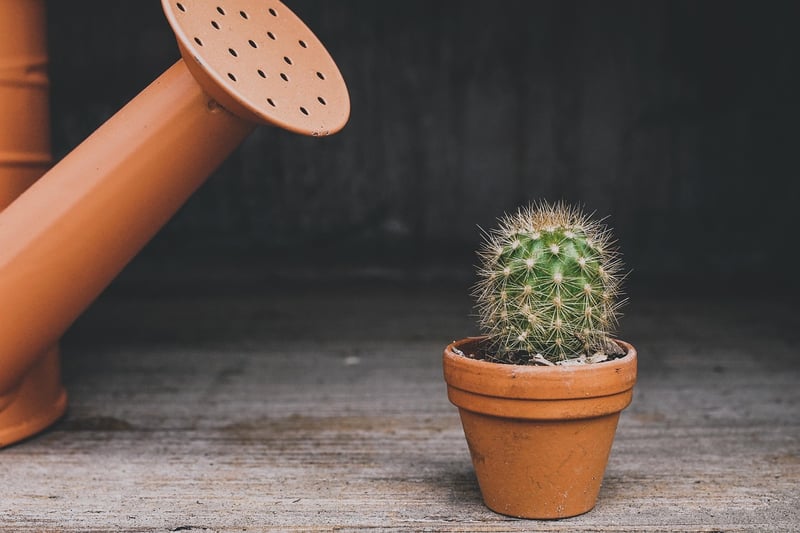Preventive Measures
Protecting your Plants: Preventive Measures
The Importance of Plant Protection
Plants are essential for our ecosystem and overall well-being. They provide us with oxygen, food, and beauty. Protecting plants from pests, diseases, and harsh weather conditions is vital to ensure their health and longevity.
Preventive Measures for Plant Protection
1. Proper Plant Selection
Choose plants that are well-suited to your climate and soil conditions. Healthy plants are naturally more resistant to pests and diseases.
2. Good Planting Practices
Ensure plants are planted at the correct depth and spacing to promote good air circulation and reduce the risk of diseases.
3. Regular Inspections
Inspect your plants regularly for any signs of pests, diseases, or nutrient deficiencies. Early detection can prevent problems from escalating.
4. Proper Watering
Water plants at the base to prevent fungal diseases. Avoid overwatering, as it can lead to root rot and other issues.
5. Mulching
Apply mulch around plants to retain moisture, suppress weeds, and regulate soil temperature. Mulch also acts as a barrier against certain pests.
6. Natural Predators
Encourage beneficial insects like ladybugs and lacewings in your garden. They help control pest populations naturally.
7. Pruning
Regularly prune dead or diseased branches to promote plant health and prevent the spread of diseases.
8. Use of Organic Pest Control
Utilize organic pest control methods such as neem oil, diatomaceous earth, or insecticidal soaps to manage pests without harming beneficial insects.
Conclusion
By implementing these preventive measures, you can protect your plants and promote a healthy garden environment. Remember, a little care and attention go a long way in ensuring the well-being of your green friends.

For more tips on plant care and gardening, visit Royal Horticultural Society.
